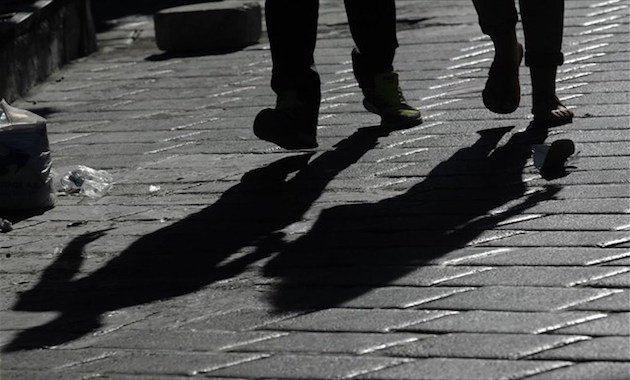
Sorrow is pleasing to God so long as it doesn’t detract from our will to struggle. We should leave all matters in the hands of God. If we want anything, we should ask our Father for it, as children do.

Sorrow is pleasing to God so long as it doesn’t detract from our will to struggle. We should leave all matters in the hands of God. If we want anything, we should ask our Father for it, as children do.

Our family discussed this question after attending liturgy one Sunday. The reason? The parish leadership chose to hire an armed security detail in response to the threats of a mentally ill person. A tense feeling was evident as uniformed guards patrolled the church property openly carrying their guns while a security tower monitored the movements of all of us. The parish hall featured a photograph of the person who made the threats for all to see. Official e-mails over the previous week added to the fear by discussing the person’s medical treatment and the new security measures to be taken going forward. We wondered if this was the new normal. And if so, what does it mean? Mind you that this was ...
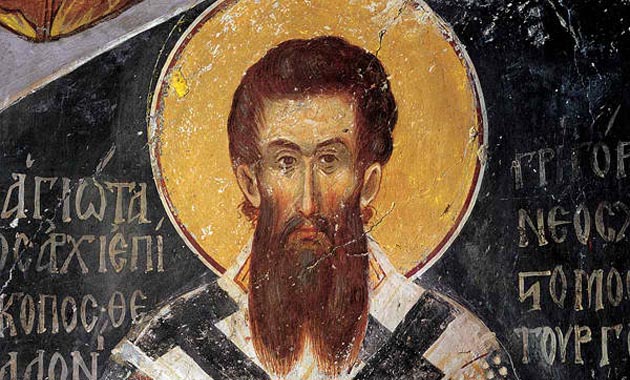
As we all know, Saint Gregory Palamas is a great luminary of the Orthodox Church, who with the whole of his theology- the fruit of his life in Christ- managed, in his day, to revive Orthodox theology in all its profundity. It is said on the Holy Mountain that Saint Gregory Palamas’ theology covered all the gaps from the past and the future. The Athonite saint began his life on the Mountain at the monastery of his “repentance”, i.e. where he was tonsured, the Great Monastery of Vatopaidi, being taught the tasks of the spirit and the ascetic life by Saint Nikodimos the Hesychast the Vatopaidan. Illumined by the uncreated energies of the Holy Spirit, Saint Gregory acquired spiritual wisdom and ...
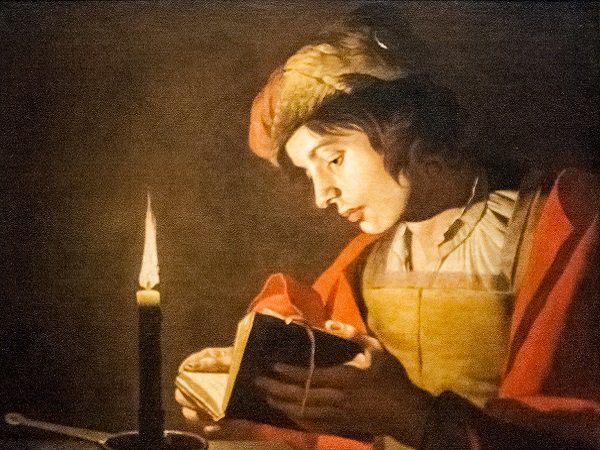
Any donation of body tissue or an organ is a kind of self-sacrifice. Despite this, it would be untheological to consider such an action to be in imitation of the sacrifice of Christ. Christ offers His Body and Blood to give people, not some transitory existence, but real life, which might, in fact, involve the sacrifice of this temporary existence. This fleeting existence should not be separated from real life and become independent. But adherence to this transitory existence extinguishes the desire for eternal life. ‘For those who want to save their soul will lose it, and those who lose their soul for my sake will find it’ose who love their soul will lose it, and those who hate their ...
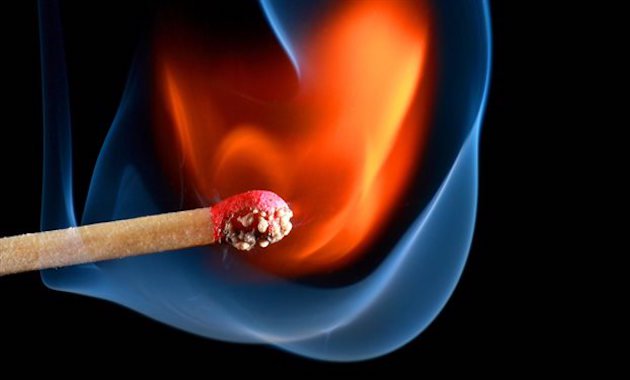
Christians today can be real Christians only if they’re guided day by day by God’s saints.
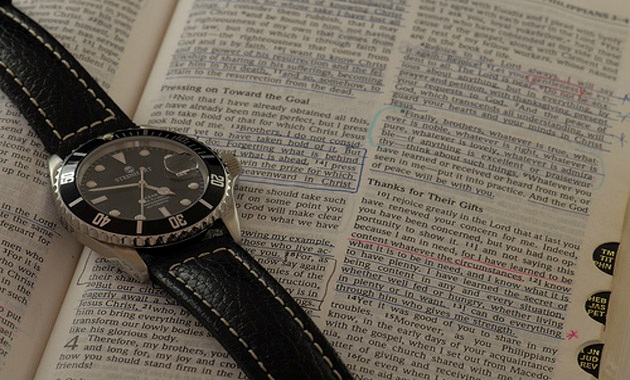
Too much to learn? Too little time? A solution for busy orthodox Why read Scripture? Certainly important reasons are as numerous as readers; however, the simplest answer comes from Christ, Himself. Almost all of His words come from ancient Jewish scriptures. To look more like Him, we have to do as He did. Understood in this way, embracing Scripture makes us more Christlike. Still, isn’t it true that the Bible has been hyped, interpreted, reinterpreted, and misused many times so much so that it seems to cause more confusion than it solves? Is there something a little dangerous about it? This is also true. So Reading God’s word should be intimidating for us, or more accurately, utterly awesome. In fact, the Church continuously participates ...
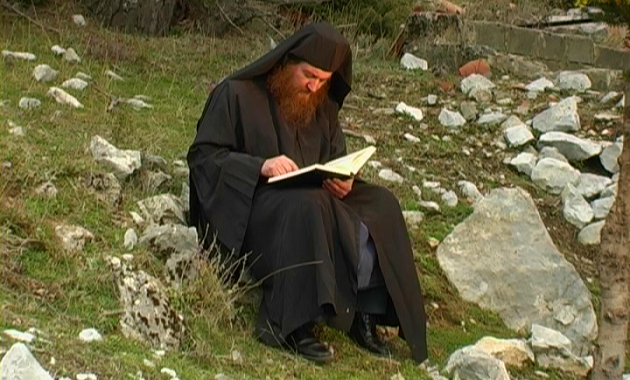
In Athens, Fr. Ioakeim used to stay at the dependency of the Holy Sepulchre. One woman, who kept losing children, after the last time, had despaired, even of the doctors. She heard of the elder, went to find him and fell at his feet, begging him to pray. The elder went at once to the church of the Holy Unmercenaries, which is at the dependency of the Holy Sepulchre, and gave her the relics of the Unmercenary Doctors, saying: “Hold them over yourself”. Then he read various prayers, prayed and said to her: “Don’t worry, you’ll have a child”. And, indeed, she did. The woman was overjoyed and asked for a photograph of the elder to have at home as ...
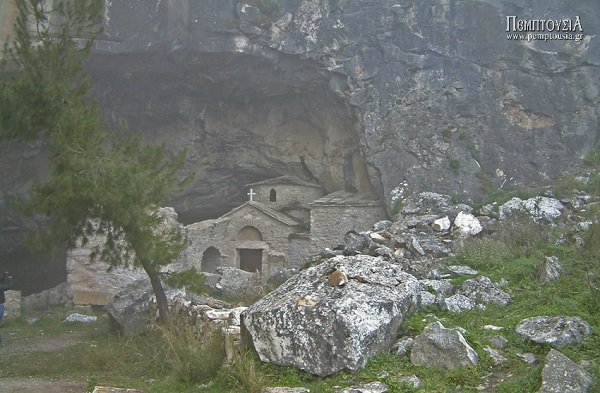
Among other things, I asked the Elder what I could do to love Christ? I thought that he’d tell me all sorts of things involving unceasing prayer, many prostrations, fasting and so on, but he simply said: ‘Love Christ’s Cross’. Indeed, looking upon the Saviour’s Cross you learn to gratefully accept all the so-called ‘misfortunes’, the sorrows and so on that befall us, and to view them as absolutely nothing compared to what Christ the Saviour endured for us. It stops you from becoming arrogant, and gradually gets you used to praying with gratitude. But even if we don’t attain heartfelt prayer quickly, which is difficult, the imprint of Christ’s Cross is permanently engraved on our memory, and this results ...
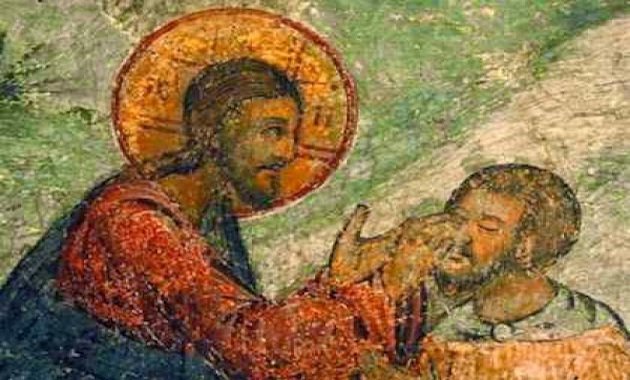
When the Lord comes into a heart it blossoms like a lily. Why don’t we turn out heart more often to the Lord? How much peace and consolation God holds for us.
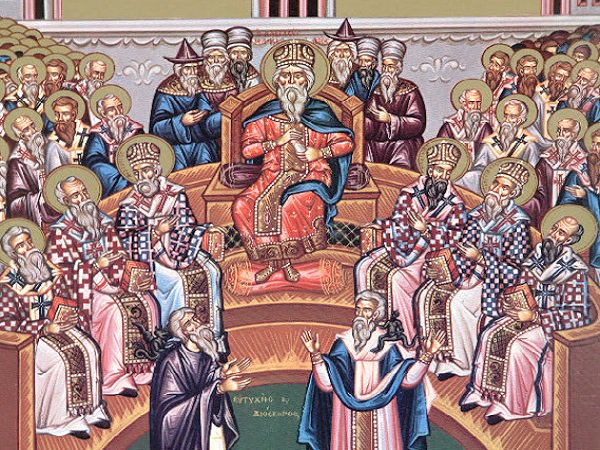
On the occasion of the memory of the holy six hundred and thirty God-bearing Fathers who constituted the 4th Ecumenical Synod in Chalcedon, the Church reminds us of its answer to an always topical problem, expressed differently, of course, at different times, which is that of the means and measure of God’s co-operation with us. It does this by recalling the vicissitudes of the 5th century, when the Christian world was rocked by two heresies which were completely mutually contradictory. These appeared to be at odds with each other, but in fact both attacked Orthodoxy. What we’re talking about here is the fierce rivalry between Nestorianism and Monophytism. On the one hand, there was Nestorius who reacted so strongly against the ...

Some people think prayer is yoga, that it’s meditation, or a technique. This is a mistake Prayer’s a spontaneous request from a person’s heart to God.

In his article The Church, the Authentic Interpreter of the Scriptures, Kostas Nousis makes some very valuable and telling points. What may not be clear to readers unfamiliar with Modern Greek history is the background to some of those points. After the fall of Constantinople in 1453, and the subsequent occupation of the imperial lands by the Turks, Orthodoxy was kept alive partly by the official Church, but largely through the faith of ordinary people, particularly those living outside the cities, who were under less pressure to compromise or, indeed, convert to Islam. An example in recent years, from outside Greece, would be the family of Elder Cleopa (Ilie) in Romania, whose house, in a village, was essentially a home church. ...
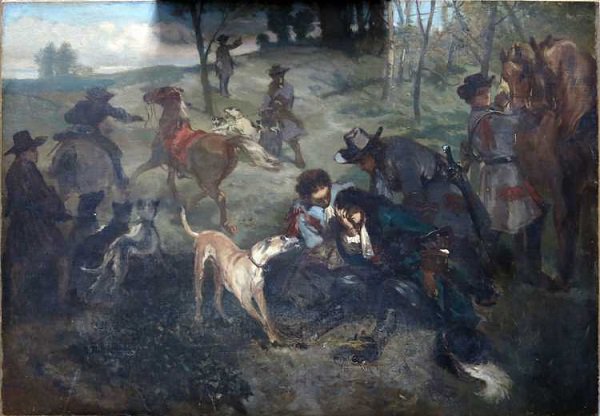
The definition of death in the Church and in science The definition of death is at its most crucial in heart transplants. The Church sees our death as a mystery of separation, or of the exit of the soul from the body. Modern science often equates death with brain death. This death is defined through the mechanistic anthropology of modern science as the irreversible cessation of the function of the brain, with the irrevocable loss of consciousness. But though the irreversible cessation of the function of the brain can be defined on a purely biological level, the irrevocable loss of consciousness, which according to the Church’s view of our nature has to do with the soul, cannot be sought at this ...
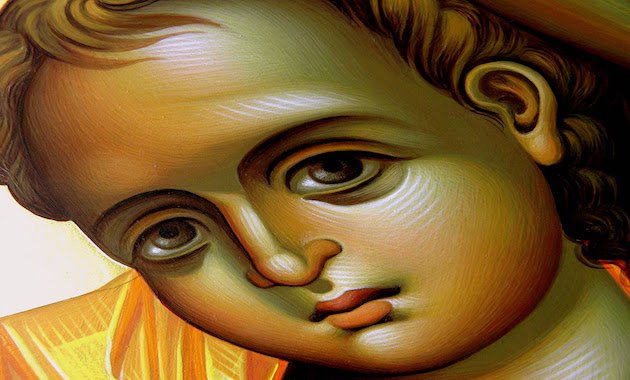
The more people approach God, the closer they come to other people. And the closer they come to other people, the more they approach God.
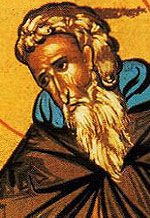
Once upon a time there lived in the desert by the Jordan River a very holy hermit. His name was Gerasimos. Gerasimos had become a monk when he was still young man. Because he wished to perfect his spiritual life, he left the monastery and withdrew deep into the desert, far from the noise and vanities of life in the villages, towns and cities of the world. There alone with nature and the divine Creator of the universe, Gerasimos spent most of his long life. In the solitary stillness of the open desert the hermit could commune without interruption with God. Even words were not necessary for this communion. By day and night Gerasimos prayed and meditated silently within his heart. ...
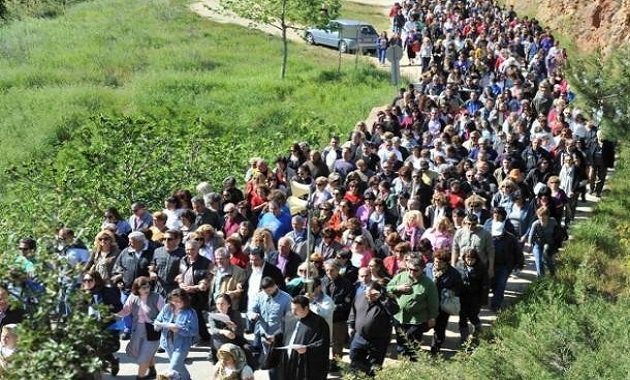
Difference without Division. Communion and Otherness Written by John D. ZizioulasT. & T. Clark, 315 pp. In his foreword to Communion and Otherness, Rowan Williams, the archbishop of Canterbury, calls it “a great book and a converting one.” Williams warns that readers will have to work hard to understand parts of the book, and he is right: this is not an easy read, but it is very much worth the effort. John Zizioulas, an Orthodox bishop whose title is Metropolitan John of Pergamon and who has taught for years in Scotland and England, bases his work solidly in the Orthodox tradition while looking also at Levinas, Buber, Heidegger, Husserl, Lacan, and other more recent thinkers. Like many Orthodox writers, Zizioulas is sometimes critical ...

On many occasions, at the big feast of the province, instead of being the chief celebrant at the liturgy, as was his right, grandly wearing his monastic veil and expensive vestments and ordering his juniors about, the Elder would wear a shabby habit, would not concelebrate, but instead assisted and served the other Fathers as if he were the least of them. He’d carry the candles and do similar humble tasks. Needless to say, his great maxim was, as far as I can understand, the following: ‘Miss no opportunity to humble yourself”. Moreover, he never told a spiritual child of his ‘Do this’: for example ‘Bring a candle’ or ‘Polish a candelabra’. He would even, on occasion, actually pretend not ...